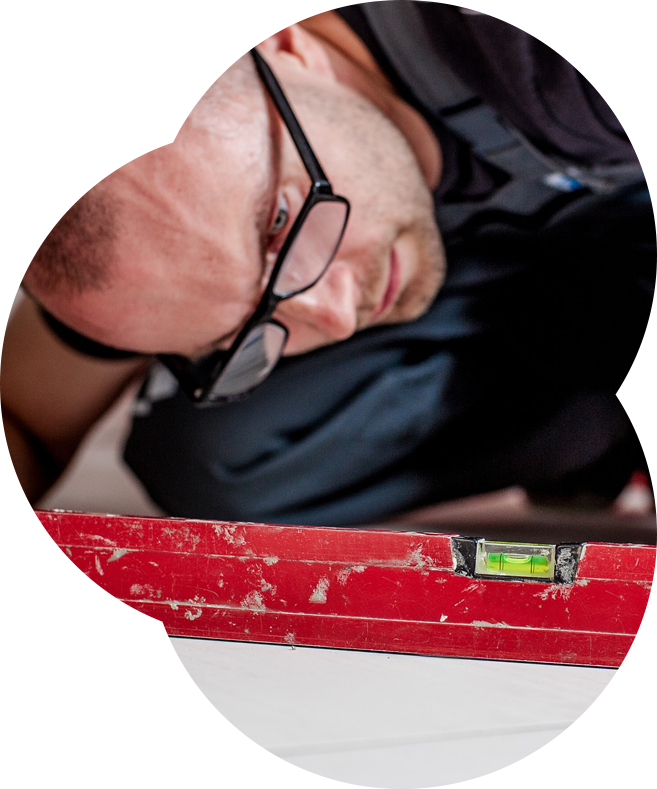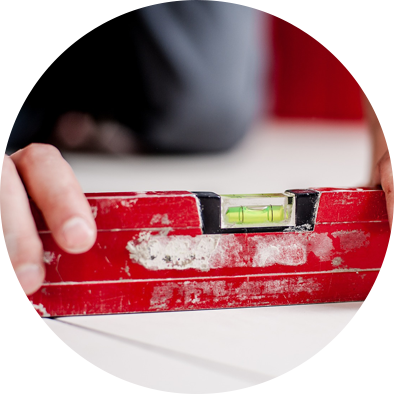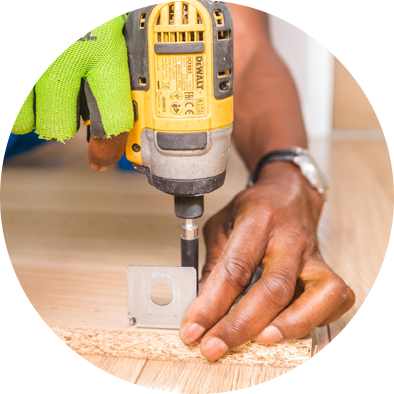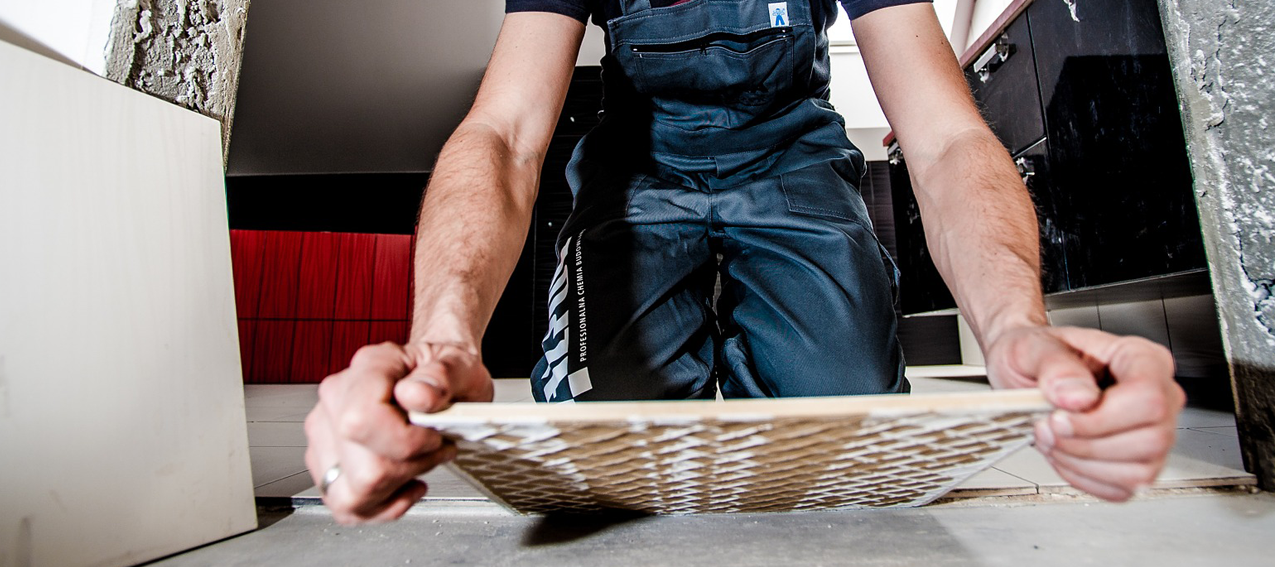What types of insurance do flooring installation businesses need?
These policies provide coverage for common risks of flooring installation.
General liability insurance
This policy covers third-party flooring installation risks, such as damage to a client’s furniture while installing carpeting. Bundle with property insurance for savings in a BOP.
BEST FOR
-
Slip and fall accidents
-
Damaged customer property
-
Libel or slander lawsuits

Workers’ compensation insurance
Workers’ compensation insurance is required in almost every state for flooring installation businesses that have employees. It can cover medical bills for work-related injuries.
BEST FOR
-
Employee medical expenses
-
Missed wages
-
Legal costs
Commercial auto insurance
This policy covers third-party property damage and injuries caused by company vehicles, as well as vandalism to a flooring company’s utility truck.
BEST FOR
-
Physical damage and collision coverage
-
Injuries caused to another person
-
Vandalism and theft



Contractor’s tools and equipment insurance
This policy helps pay for repair or replacement of a contractor’s flooring nailers, miter saws, and other tools if they are lost, stolen, or damaged.
BEST FOR
-
Equipment less than five years old
-
Mobile equipment
-
Small tools

How much does insurance cost for flooring installers?
-
Several factors will have an impact on insurance costs, including:
-
Installation services offered
-
Business equipment and property
-
Revenue
-
Location
-
Number of employees
Why do flooring installation businesses need insurance?
From hardwood to carpet installation, your small business faces big risks. If a customer sues over property damage, or a company vehicle is involved in an accident, legal bills could lead to bankruptcy. Flooring contractor insurance can cover attorney's fees, medical bills, and more.



























